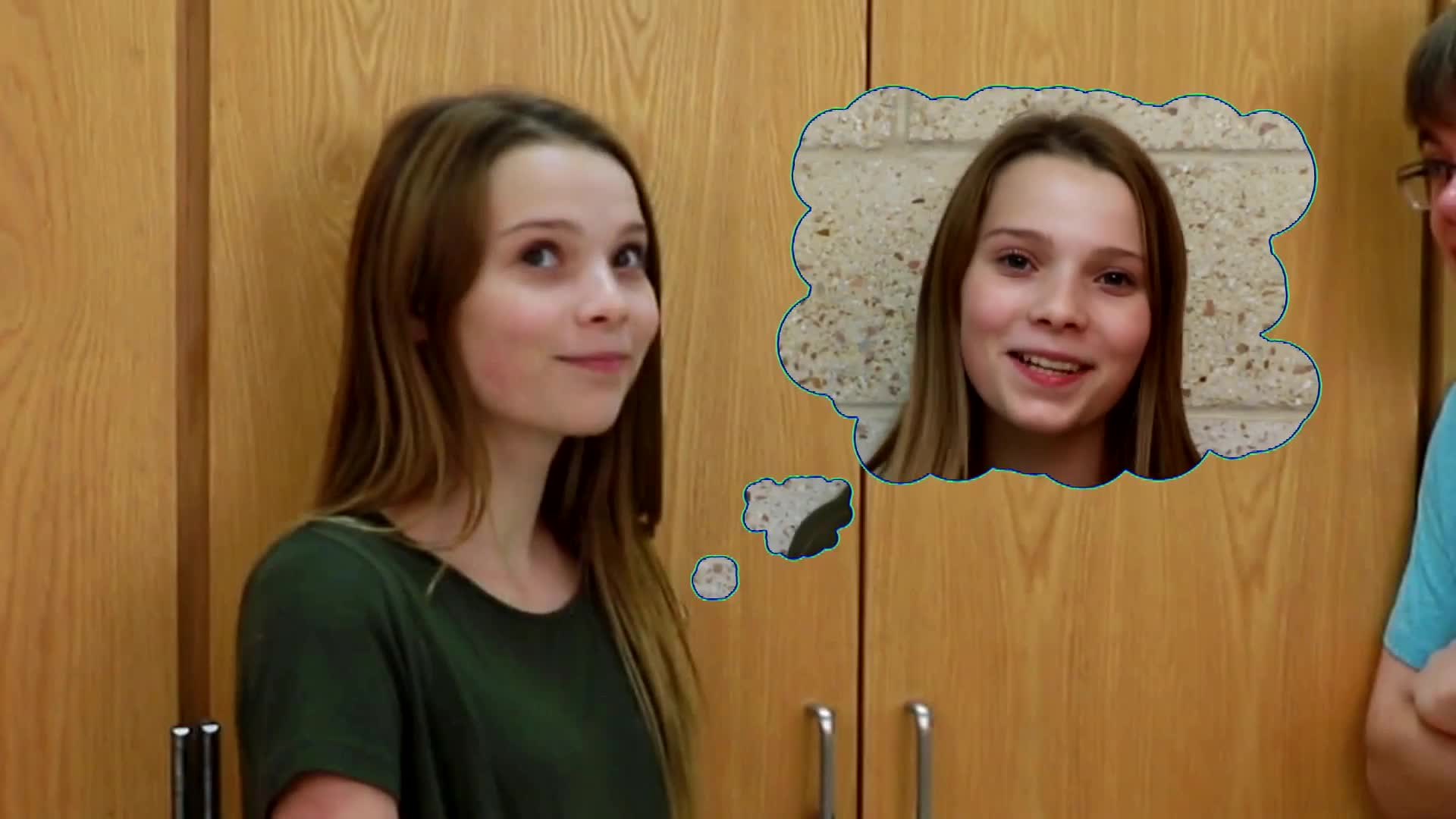Introduction
Compliments are a powerful tool to make others feel good and strengthen relationships. Educators working with students in special education settings often encounter situations where students may not know how to respond to compliments properly. This blog post discusses the importance of teaching students to say “thank you” when receiving a compliment and providing one in return when appropriate. By incorporating principles of Social-Emotional Learning, educators can help students develop this essential skill.
No-Prep Activity
This activity requires no preparation or materials from the educator and can be implemented in any setting. The activity is called “Compliment Relay.”
- Have students form a circle or line up facing each other in pairs.
- Explain that they will be giving and receiving compliments.
- Begin by giving a compliment to the first student in the circle or one of the pairs. For example, “You have a great smile.”
- Ask the student to respond with “thank you” and then give a compliment to the next person in the circle or their partner.
- Continue the relay until all students have given and received a compliment.
- After the activity, discuss the importance of responding to compliments and how it made them feel.
Discussion Questions
Use these questions to stimulate further discussions about the activity and the skill of responding to compliments:
- How did it feel to receive a compliment from someone?
- How did it feel to give a compliment to someone else?
- Why do you think it’s important to say “thank you” when receiving a compliment?
- How can responding to compliments positively impact our relationships with others?
- What are some situations where giving a compliment in return might be appropriate?
Related Skills
Besides responding to compliments, there are other relevant skills that students can benefit from learning:
- Active listening: Encourage students to be present and attentive when someone is speaking, and show interest by making eye contact and nodding.
- Expressing gratitude: Teach students to express appreciation for acts of kindness and support from others.
- Empathy: Help students develop the ability to understand and share the feelings of others, fostering stronger connections.
- Conflict resolution: Equip students with the skills to resolve disagreements and misunderstandings in a respectful and constructive manner.
Next Steps
Now that you have learned about the importance of teaching students to respond to compliments and have a no-prep activity to practice this skill, consider exploring more resources to support your students’ Social-Emotional Learning. Sign up for free samples of skill materials and other resources at Everyday Speech.






